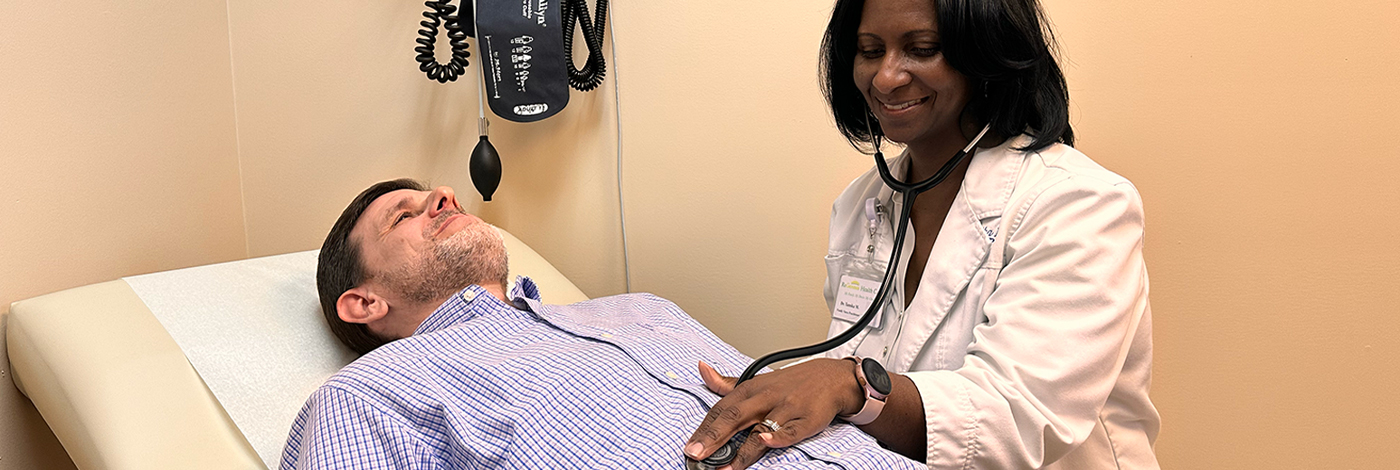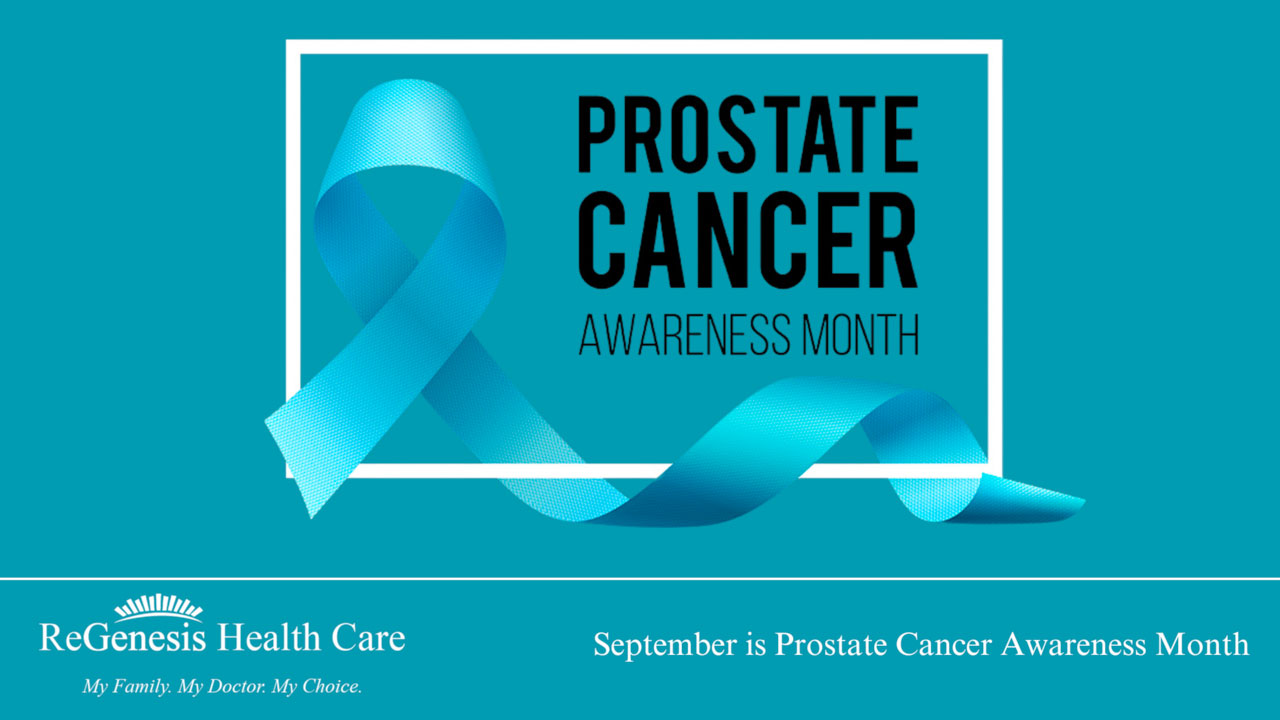Prostate Cancer Awareness Month: Understanding, Prevention, and Support
Prostate Cancer Awareness Month in September aims to increase understanding, promote early detection, and support those affected by prostate cancer. As one of the most common cancers affecting men, it is especially important to discuss your personal risk and screening options with your healthcare provider to determine the best approach for you.
This blog post will provide an in-depth examination of prostate cancer, including its causes, risk factors, symptoms, and the latest advances in diagnosis and treatment.
Understanding Prostate Cancer
What is it?
Prostate cancer occurs in the prostate gland, located behind the bladder and in front of the rectum; it is a small gland that produces seminal fluid in men. It often grows slowly and remains confined to the prostate for many years. However, it can be more aggressive and spread to other parts of the body. Symptoms may include difficulty urinating, pain, or blood in the urine, though many men may not experience symptoms until the cancer is more advanced. Early detection through screening and regular check-ups can be crucial for effective treatment and management of the disease.
Risk Factors and Prevalence
Prostate cancer is the second-leading cause of cancer death in men. About 1 in 8 men will be diagnosed with prostate cancer during their lifetime. Prostate cancer is most prevalent in men who are 65 or older, and rare in men under 40. Though it can be a serious disease, most men do not die from it. Between 1993-2013, the death rate for prostate cancer declined by about half. This was most likely due to earlier detection and advances in treatment options.
Risk factors can vary based on age, race/ethnicity, family history, inherited gene changes, diet, and chemical exposures.
Preventive Measures
Risk Reduction
You can reduce your risk of getting prostate cancer by:
- Maintaining a healthy diet. Some studies suggest that foods high in antioxidants and omega-3 fatty acids may help lower risk.
- Regular exercise. Regular physical activity helps maintain a healthy weight and reduce the risk of cancer.
- Limit alcohol and avoid smoking. Reducing alcohol intake and avoiding tobacco can contribute to overall health and potentially lower cancer risk.
Recognizing the Signs
While early prostate cancer usually causes no symptoms, it can cause problems while urinating. You may:
- Experience a weak urinary stream
- Urinate more often
- Find blood in your urine or semen
More advanced prostate cancer can cause other symptoms such as:
- Trouble getting an erection (erectile dysfunction or ED)
- Pain in the hips, back, chest, or other areas, if the cancer has spread to the bones
- Weakness or numbness in the legs or feet, or a loss of bladder or bowl control
- Weight loss
- Feeling very tired
However, most of these symptoms are more likely to be caused by something other than prostate cancer. Regular screenings will increase the likelihood of accurate detection and improve overall prognosis.
Screening Guidelines
The first step toward screening for prostate cancer is a physical examination. For men ages 45 and above, an annual exam is critical to maintaining your health and catching the early signs of prostate cancer or other diseases. Based on your risk factors, screening may be offered every 2-4 years if you are between the ages of 55-69.
Screening will include a prostate-specific antigen (PSA) test which is used to measure the level of PSA, a protein produced by the prostate gland. PSA tests can also assess your risk and monitor treatment.
Support and Resources
- Learn About Prostate Cancer: Use resources from organizations like the Prostate Cancer Foundation, American Cancer Society, and similar groups.
- Stay Informed: Keep up to date with the latest research and treatment options through credible sources.
- Counseling and Therapy: Professional therapists can help patients cope with the emotional impact of cancer.
- Support Groups: Many organizations offer groups specifically for prostate cancer patients, where you can connect with others who understand what you’re going through.
- Patient Education Materials: Books, brochures, and websites can offer valuable information about prostate cancer and its treatment.
Get informed and take action: Regular prostate cancer screenings and early detection can make a life-saving difference in the fight against prostate cancer.
If you or someone you know needs a prostate cancer screening, give us a call at (864) 582 – 2411.



